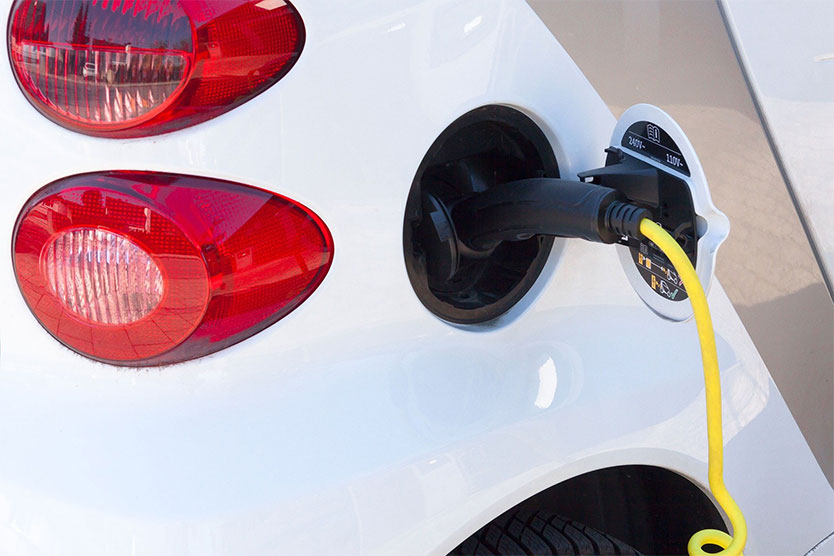
Four Fraunhofer institutes are using new materials to develop and test CO2-saving solutions for next-generation battery housings for electric cars.
© Pixabay
If electric vehicles are to be truly environmentally-friendly, every aspect of construction must be assessed for carbon impact and resource efficiency. The housings of the batteries leave considerable room for improvement and have now become the focus of the research project ‘CoolBat’ led by the Fraunhofer Institute for Machine Tools and Forming Technology (Fraunhofer IWU).
One of the main concerns is the heat-conductive casing used in conventional batteries, which contains toxic and costly conductive pastes. The structures could also be made lighter, more compact and shock resilient, allowing for maximum power density per mass and higher safety values.
"We are using this assembly to develop and test CO2-saving solutions for next-generation housings,” says Rico Schmerler, the coordinator of CoolBat at the Fraunhofer Project Centre Wolfsburg in an Fraunhofer IWU press release. “But we don't only have e-cars in mind. Our goal is to later transfer the research results to other applications and industries where large batteries are used."
The team are developing load-bearing, lightweight structures that have temperature control channels cast into them, combined with “crash protection panels” made from aluminium foam. In addition, new eco-friendly heat conducting materials will be put to the test. "Every development step in the project is considered and evaluated under the aspect of CO2 savings and CO2 sequestration," explains Schmerler. Through this holistic approach, the team aim to reduce CO2 per housing by 15 percent.
CoolBat is funded by the Federal Ministry for Economic Affairs and Energy as part of the TTP Leichtbau programme to run until April 2024. It brings together four Fraunhofer institutes and various industrial partners including Daimler AG.


